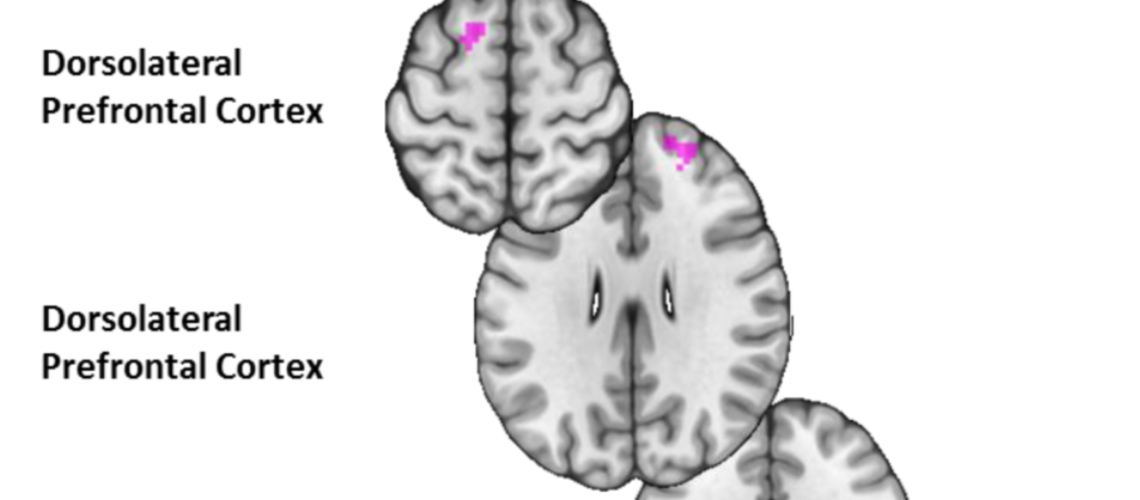PTSD: Daniel Schechter Published a New Study on Parental Reflective Functioning
3 October 2019

Parental Reflective Functioning is a parent’s capacity to infer mental states in herself and her child. Parental Reflective Functioning is linked to the quality of parent-child attachment and promotes parent-child mutual emotion regulation. The group of Daniel Schechter, Medical Director at the Perinatal and Early Child Research (SUPEA, CHUV) and Adjunct Associate Professor of Child and Adolescent Psychiatry at NYU Langone School of Medicine, USA, and Synapsy member, in collaboration with Dominik Moser from the Institute of Psychology of the Bern University, examined neural correlates of parental reflective functioning and their relationship to physical abuse. “This is the first article to integrate parental mentalization, parental reflexivity, and parental social cognition with neuroimaging in response to relational stimuli,” says Daniel Schechter.
Researchers studied mothers with and without history of childhood physical abuse who underwent magnetic resonance imaging while watching video clips of children during mother–child separation and play. They found that parental reflective functioning was significantly lower among mothers with histories of childhood physical abuse and that brain regions implicated in subserving emotion regulation and empathy were not featured in maltreated mothers. Their data suggest that childhood physical abuse exposure may alter the psychobiology that is linked to emotional comprehension and regulation.
